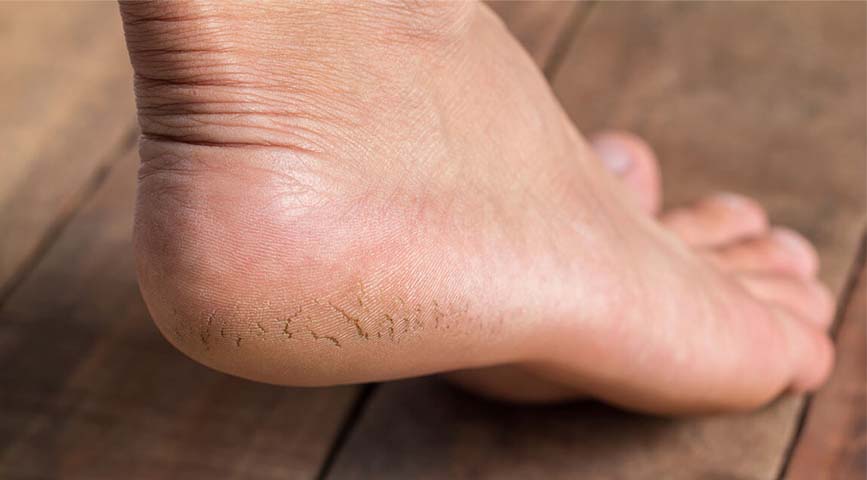22
Sep
What Causes White Spots?
What are white spots?
“White spots” refers to a fungal infection (tinea versicolor) of the skin. Affected areas usually appear as small, discoloured spots that range in colour from white to pink, red, or tan. The spots may be mildly itchy, dry, and/or scaly. They usually grow in size slowly and may merge together to form bigger patches. Unlike other skin fungal infections, white spots are not contagious.
What causes white spots?
The microbe that leads to white spots is Malassezia fungi, a typically harmless member of normal skin flora. Regular washing and showering removes dead skin and fungi from the skin. However, in hot and humid weather, the fungi can flourish and multiply, and this may result in white spots.
Who is susceptible to white spots?
Most people affected by white spots are perfectly healthy. However, the chance of getting white spots increases with heat, humidity, oily skin or a weakened immune system (which may arise from corticosteroid use, pregnancy, diabetes or malnutrition). How might white spots be treated?
Topical anti-fungals such as clotrimazole, miconazole or ketoconazole are available for treatment of white spots. As white spots tend to recur, monthly application of these topical agents helps to reduce recurrence. In the event of widespread infections, oral agents may be prescribed by a doctor.
Share this post
RELATED
Posts
Cracked Heels Woes
Ever looked down at your feet and felt flustered by the sight staring back at you? As a woman, wearing the perfect pair...
Make Your Lipstick Last Longer
There’s just nothing quite like perfectly made up lips that give you the perfect pucker. They are an instant confidence booster and...
Say Goodbye to Tired Looking Eyes
Tired eyes can make anyone look much older than they really are. While not really a health hazard, it can sometimes be...





